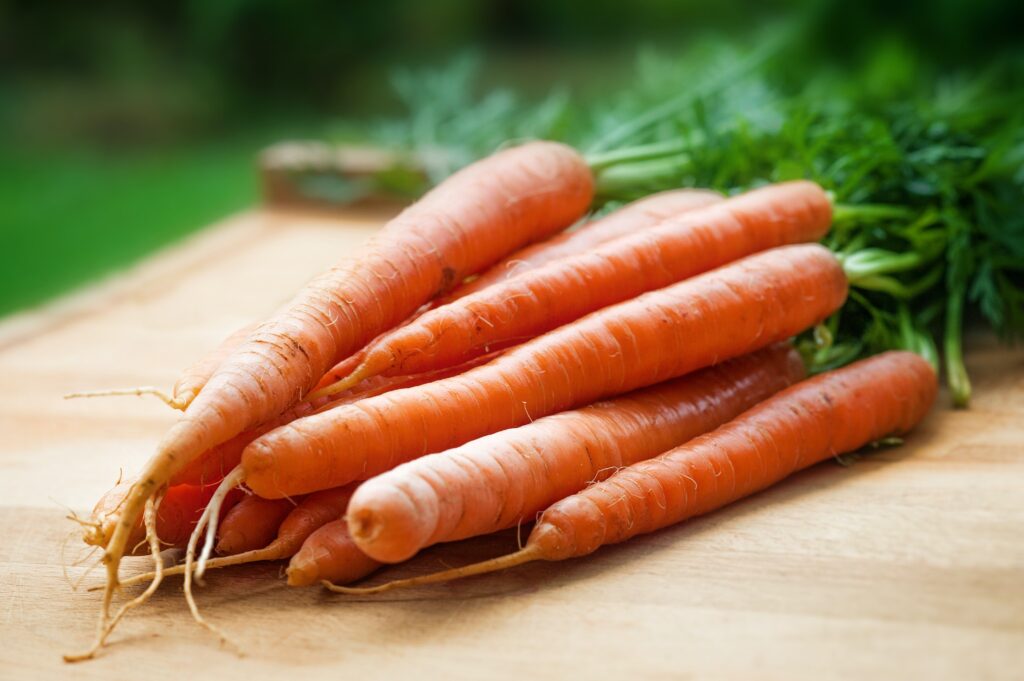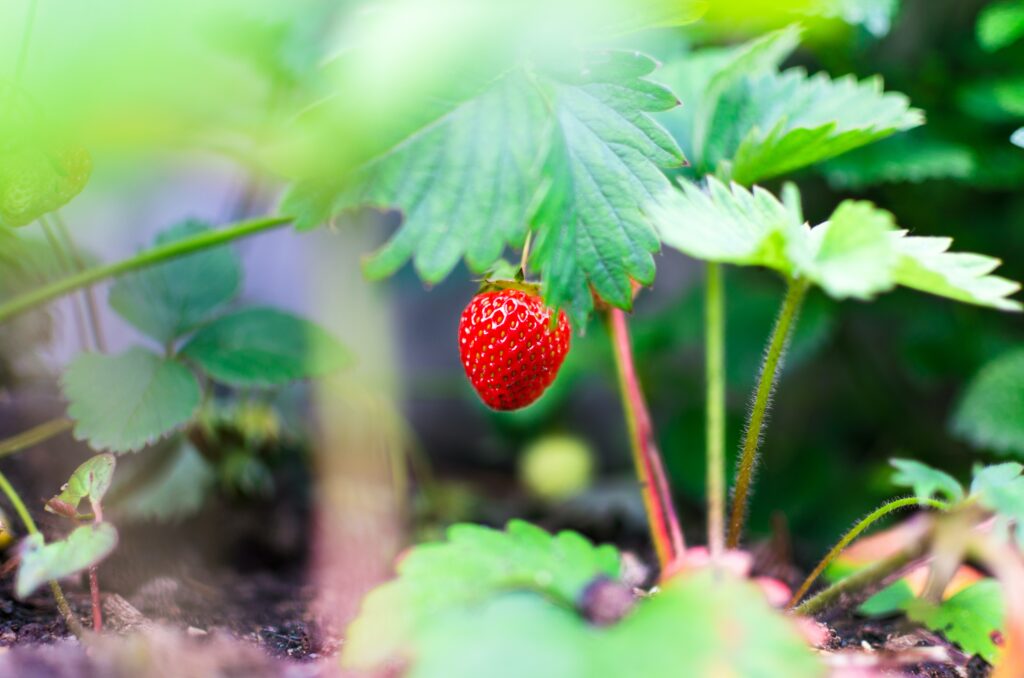
By Shannon Saari, Intern at Alliance for Sustainability, University of Minnesota Student ‘22
Organic foods have continued to grow in popularity as more people are prioritizing healthy lifestyles and learning about the environmental impacts of our food system. But what does organic really mean? How exactly is organic farming different from conventional farming? Keep reading to learn about what organic means when it comes to produce and how the organic certification process works.
What is Organic Produce?
Organic produce reinvents the conventional food system by implementing environmental and health-driven initiatives in the farming, handling, and sale of produce. The International Federation of Organic Agriculture Movements (IFOAM) defines organic agriculture as, “a production system that sustains the health of soils, ecosystems, and people. It relies on ecological processes, biodiversity and cycles adapted to local conditions, rather than the use of inputs with adverse effects. Organic Agriculture combines tradition, innovation, and science to benefit the shared environment and promote fair relationships and good quality of life for all involved.”
Conventional produce differs from organic produce in the standards that the crops must meet and the farming practices used. Rather than using synthetic pesticides and fertilizers that can be toxic and polluting, organic agriculture relies on methods to protect soil health, like hand weeding, biological and mechanical controls, dense planting, cover crops, and crop rotation.
Produce farmers must meet specific standards set out by the USDA in order to be considered organic. To start out, organic farmers have to go through a three-year transition period before harvest of the crop where no prohibited substances can be applied to the land. Produce is not allowed to be sold or labelled as organic until this period is over. Additionally, farmers must meet the following USDA standards to become certified organic:
- Farmers use methods such as tillage, cultivation practices, crop rotations, and cover crops to promote soil fertility and crop nutrients, supplemented with animal and crop waste (such as manure and compost) and only USDA-allowed synthetic materials.
- Farmers use physical, mechanical, and biological controls to manage pests, weeds, and diseases. But when these practices are not sufficient, a biological, botanical, or synthetic substance from the approved National List may be applied.
- Farmers use organic seeds and other planting stock when available.
- Farmers are prohibited from using genetic engineering, ionizing radiation and sewage sludge.

How is Organic Produce Certified?
Conventional farmers wanting to transition to organic must not only meet these USDA standards, but also follow an extensive certification process overseen by the National Organic Program (NOP). NOP maintains integrity throughout the supply chain by requiring that every operation involved in transferring organic produce from farmer to stores must be inspected and certified.
The first step for any operation in the certification process is to develop an organic system plan. This plan details how the unique operation will comply with USDA standards in their use of substances, farming or handling practices, procedures to prevent (non-organic) contamination, and monitoring systems. Certifying agents, who are accredited by the NOP, will review the operator’s application and organic system plan.
Then, an agent will inspect the operation site to determine if they are properly executing the practices described in the system plan and complying with all regulations. This inspection report is reviewed for any areas of concern by the certifying agent and if everything meets standards, organic certification is granted!
Furthermore, the NOP has established enforcement procedures throughout the certification process to ensure full compliance with organic regulations and that any violations are properly handled. This includes unannounced inspections, investigation of violation claims, and removal of organic certification (temporary or permanent) by certifying agents as well as auditing of the certifying agents and financial penalties for organic violations by the NOP’s Agricultural Marketing Service (AMS). To maintain certification for any product, it is required that every year the operation is inspected, the system plan is reassessed, and the inspection report is thoroughly reviewed.
Organic certification is a lengthy and ongoing process to guarantee that the produce sent to market continues to foster healthy soils, ecosystems and people. Knowing about this process can help us make informed decisions when shopping and further build our trust in the system that provides and oversees organic produce. As consumers, it’s important that we are aware of exactly what practices are involved in the growing and handling of our food.
